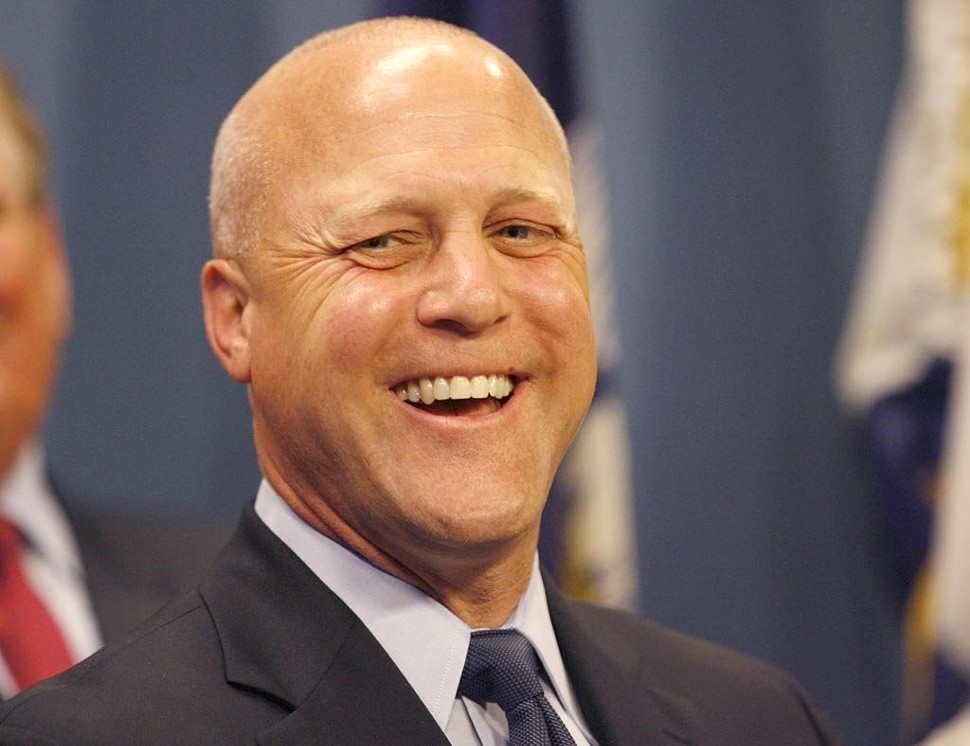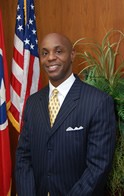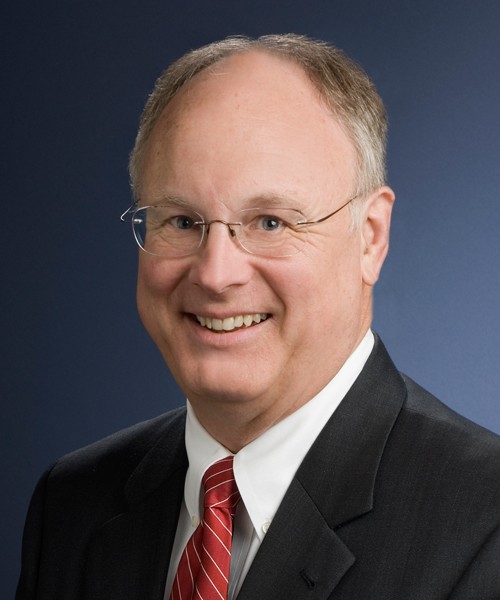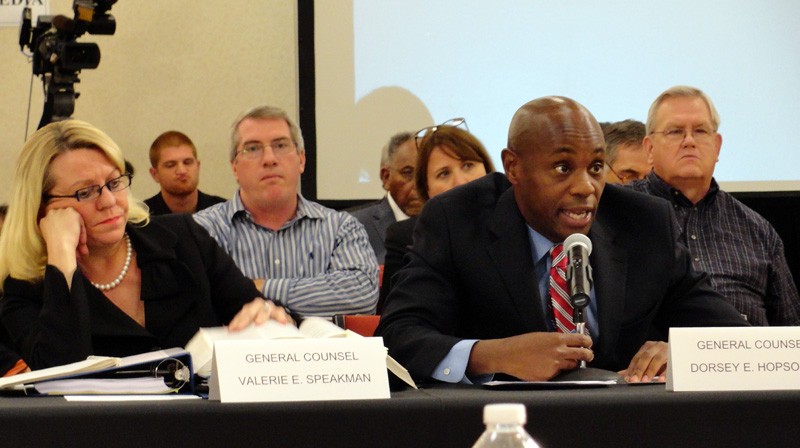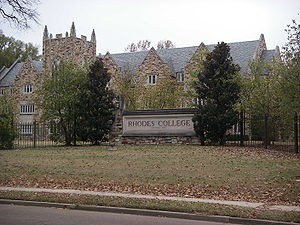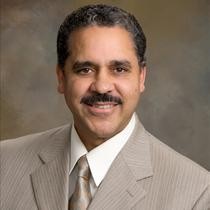Rick Masson, former chief administrative officer for the city of Memphis under Mayor Willie Herenton, has been named special master by federal judge Samuel H. Mays to oversee the merger of the Memphis and Shelby County school systems.
For three terms, Masson was Herenton’s “go-to guy” for major projects as well as the main contact with the Memphis City Council.
“Rick is an extremely capable executive who has had high level managerial experience in city government and on the board of MLGW,” said Herenton. “I have utmost confidence in Rick’s ability to lead this board through this merger.”
Herenton said Masson played a key role in the “complicated outsourcing of our I.T. (information technology) department)” and the establishment of annexation reserve areas with Shelby County municipalities in the 1990s when Jim Rout was county mayor.
“He’s been in complicated situations that will help him complete this merger,” said Herenton, who is hoping to start several charter schools under the new unified school system.
Like Mays, a White Station High School graduate in 1966, Masson has some connections to the MCS optional schools program. His son attended White Station when the Massons lived in the Evergreen neighborhood in Midtown.
Former City Councilman John Vergos, also a 1966 WSHS graduate, was delighted with the selection of Masson.
“He’s the kind of guy who would come into the office and put his feet up on the desk and talk about whatever was troubling you,” he said. “I was on the first council that majority African-American, and Rick had a reputation for being able to work with the administration and council.”
Vergos believes Masson has “a healthy skepticism about school budgeting and I think that is good in this situation.”
Masson’s selection was something of a surprise. Only last week he was announced as the newest “heavy hitter” addition to a local public relations and consulting firm, Caissa.
Mays listed eight duties of the special master.
1) To monitor the work of the Shelby County Board of Education as it makes the decisions necessary to transfer the administration of the Memphis City Schools to the Shelby County Board of Education;
2) To assist the Shelby County Board of Education and its staff in making decisions and in establishing and maintaining deadlines for decisions;
3) To ensure that the issues identified in the Transition Plan approved by the Transition Planning Commission and reviewed by the Commissioner of the Tennessee Department of Education are considered and resolved in a timely and appropriate way;
4) To work with the parties and the Tennessee Department of Education as necessary to provide that the rights of teachers are not impaired, interrupted, or diminished;
5) To work with the Shelby County Board of Education in establishing a practical budget for the combined school systems and with the appropriate parties to the Consent Decree that the budget is adequately funded;
6) To gather such information as may be necessary to implement the Consent Decree and to report to the Court orally or in writing, as may be necessary, considering always that time is of the essence;
7) To promote cooperation among the parties and among the members of the Shelby County Board of Education and to encourage voluntary compliance with the Consent Decree; and
8) To recommend specific action by the Court if decisions are not made or not timely made.
From the order: “The special master may communicate ex parte with the Court, with counsel, with representatives of any party, or with such other individuals as necessary to perform his duties. The Court appoints Rick Masson of Shelby County, Tennessee, as special master. Mr. Masson has experience in municipal administration and finance, the organization and management of nonprofit organizations, and strategic planning for public agencies. He will serve at the pleasure of the Court and be compensated at the rate of $250 an hour, plus expenses, payable monthly. His compensation will be paid one-half by the Memphis City Schools and one-half by the Shelby County Schools, as provided in the Consent Decree. He will assume his duties on the entry of this order. The special master is directed to take all appropriate measures to perform his assigned duties fairly and efficiently.”
